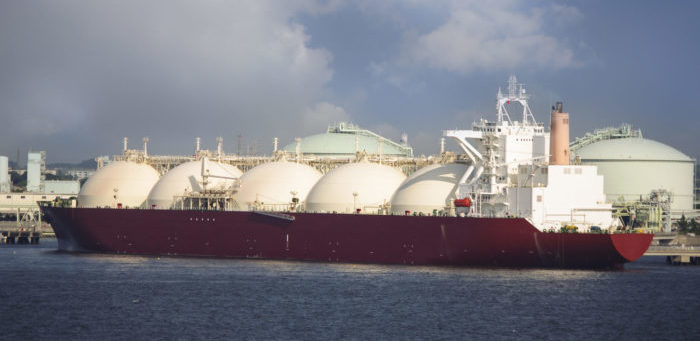US Senators Todd Young, Bill Cassidy, M.D., and Michael Bennet have brought the Waterway LNG Parity Act before Congress. This bill mandates excise taxes on LNG for marine transportation on inland waterways to be levied at a rate consistent with energy output regarding diesel and gasoline.
According to Senator Young, the Waterway LNG Parity Act is a market-based fix for how US taxes LNG. The bill balances the playing field for this fuel which represents an increasing sector of the US economy.
[smlsubform prepend=”GET THE SAFETY4SEA IN YOUR INBOX!” showname=false emailtxt=”” emailholder=”Enter your email address” showsubmit=true submittxt=”Submit” jsthanks=false thankyou=”Thank you for subscribing to our mailing list”]
Now, the Congress aims to encourage the growth of LNG bunkering by various means, like providing tax incentives to support the construction of LNG bunkering facilities and ships, addressing any statutory or regulatory barriers to bunkering facility siting or operations. It will also provide funding for technical support to domestic carriers seeking to adopt LNG technology.
It takes around 1.7 gallons of LNG to provide the same amount of energy as a gallon of diesel, but fuel usage is taxed on volume.Therefore, LNG would be taxed 50 cents for the same amount of energy included in a gallon of diesel fuel that is taxed at 29 cents.
In addition, this legislation would change the inland waterways financing rate to provide the same treatment within the federal tax code.
Commenting on the Act, Tim Hermann, president of Pivotal LNG, said that LNG is a safe and clean fuel, which is taxed at a higher rate per unit of energy. For this reason, Pivotal LNG and Southern Company Gas welcome the legislation as it cuts the significant tax advantage that diesel currently enjoys versus LNG.





























































